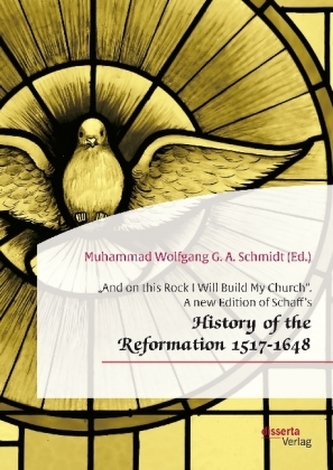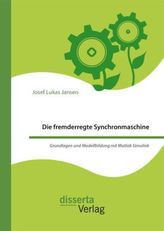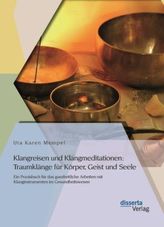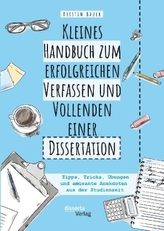And on this Rock I Will Build My Church - History of the Reformation 1517-1648
8
%
1363 Kč 1 479 Kč
Sleva až 70% u třetiny knih
Textprobe:
CHAPTER I: ORIENTATION:
1. The Turning Point of Modern History:
The Reformation of the sixteenth century is, next to the introduction of Christianity, the greatest event in history. It marks the end of the Middle Ages and the beginning of modern times. Starting from religion, it gave, directly or indirectly, a mighty impulse to every forward movement, and made Protestantism the chief propelling force in the history of modern civilization.
The age of the Reformation bears a strong resemblance to the first century. Both are rich beyond any other period in great and good men, important facts, and permanent results. Both contain the ripe fruits of preceding, and the fruitful germs of succeeding ages. They are turning points in the history of mankind. They are felt in their effects to this day, and will be felt to the end of time. They refashioned the world from the innermost depths of the human soul in its contact, with the infinite Being. They were ushered in by a providential concurrence of events and tendencies of thought. The way for Christianity was prepared by Moses and the Prophets, the dispersion of the Jews, the conquests of Alexander the Great, the language and literature of Greece, the arms and laws of Rome, the decay of idolatry, the spread of skepticism, the aspirations after a new revelation, the hopes of a coming Messiah. The Reformation was preceded and necessitated by the corruptions of the papacy, the decline of monasticism and scholastic theology, the growth of mysticism, the revival of letters, the resurrection of the Greek and Roman classics, the invention of the printing press, the discovery of a new world, the publication of the Greek Testament, the general spirit of enquiry, the striving after national independence and personal freedom. In both centuries we hear the creative voice of the Almighty calling light out of darkness.
The sixteenth century is the age of the renaissance in religion, literature, and art. The air was stirred by the spirit of progress and freedom. The snows of a long winter were fast, melting before the rays of the vernal sun. The world seemed to be renewing its youth; old things were passing away, all things were becoming new. Pessimists and timid conservatives took alarm at the threatened overthrow of cherished notions and institutions, and were complaining, fault-finding and desponding. A very useless business. Intelligent observers of the signs of the times looked hopefully and cheerfully to the future. O century! exclaimed Ulrich von Hutten, the studies flourish, the spirits are awake, it is a luxury to live. And Luther wrote in 1522: If you read all the annals of the past, you will find no century like this since the birth of Christ. Such building and planting, such good living and dressing, such enterprise in commerce, such a stir in all the arts, has not been since Christ came into the world. And how numerous are the sharp and intelligent people who leave nothing hidden and unturned: even a boy of twenty years knows more nowadays than was known formerly by twenty doctors of divinity.
The same may be said with even greater force of the nineteenth century, which is eminently an age of disco-very and invention, of enquiry and progress. And both then as now the enthusiasm for light and liberty takes two opposite directions, either towards skepticism and infidelity, or towards a revival of true religion from its primitive sources. But Christianity triumphed then, and will again regenerate the world.
The Protestant Reformation assumed the helm of the liberal tendencies and movements of the renaissance, directed them into the channel of Christian life, and saved the world from a disastrous revolution. For the Reformation was neither a revolution nor a restoration, though including elements of both. It was negative and destructive towards error, positive and constructive towards truth; it was conservative as well as progressive; it built up new institutions in
| Autor: | Schaff, Philip |
| Nakladatel: | disserta |
| Rok vydání: | 2017 |
| Jazyk : | Angličtina |
| Vazba: | Paperback / softback |
| Počet stran: | 668 |
Mohlo by se vám také líbit..









